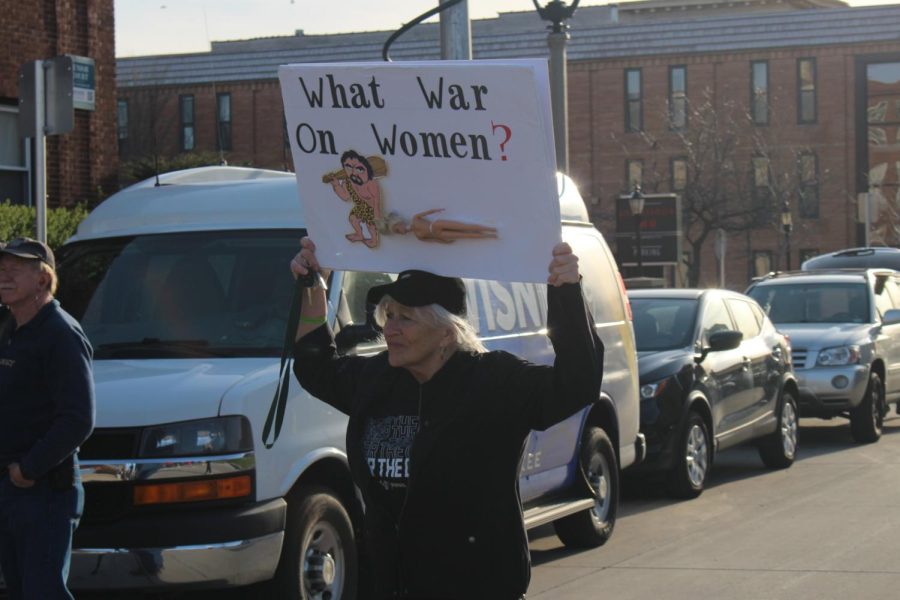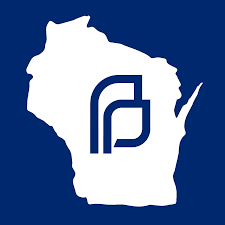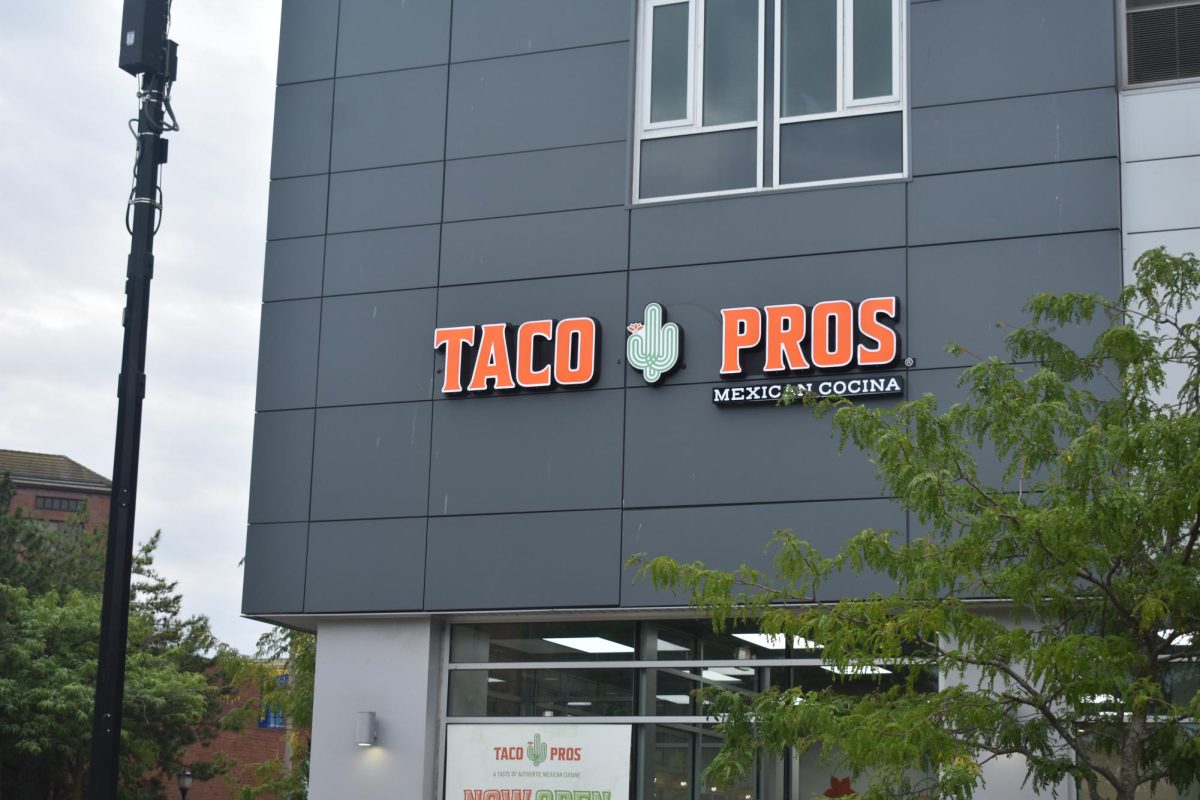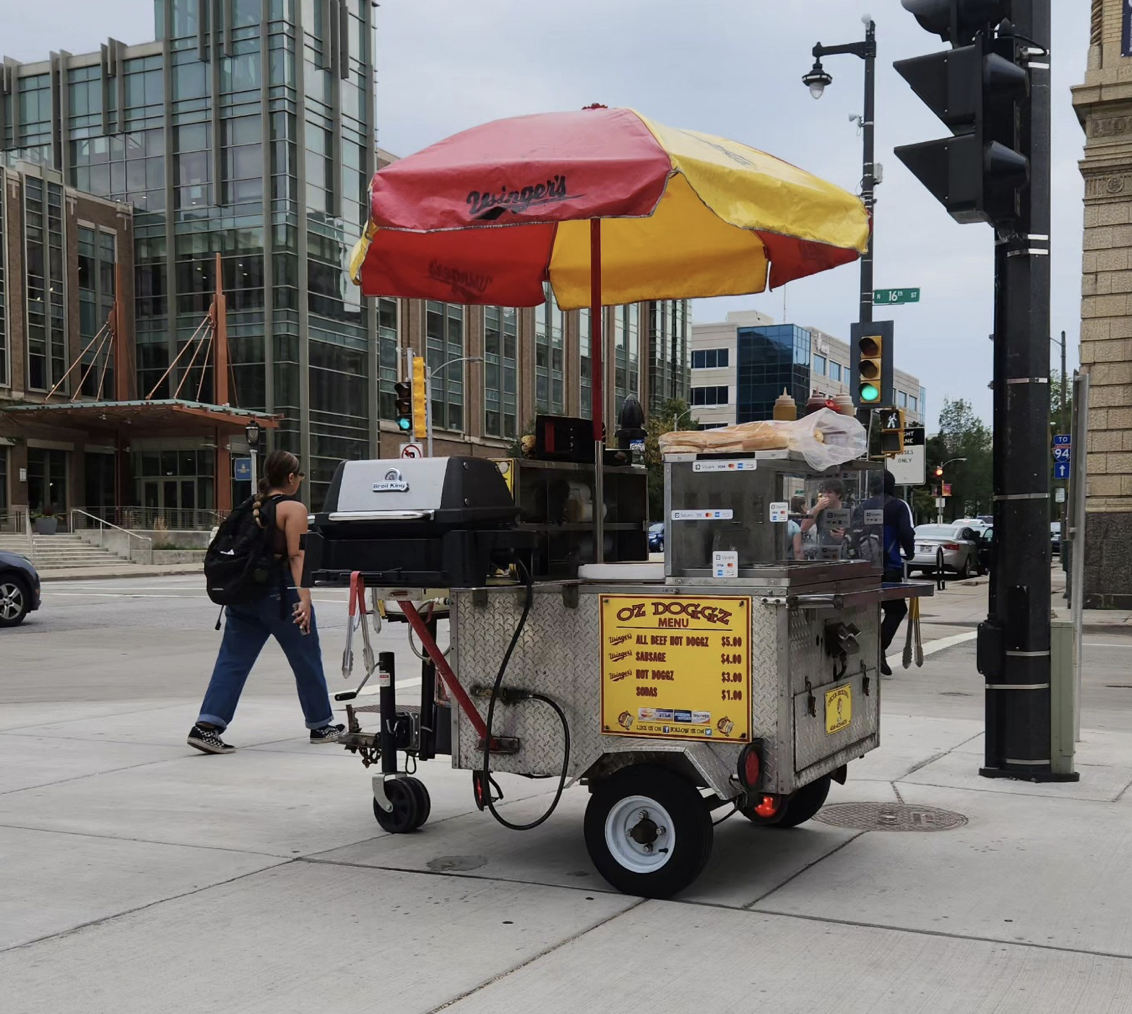Protesters marched and drove vehicles through Wisconsin Avenue on Marquette University’s campus at 5:43 p.m., in response to the United States Supreme Court’s leaked initial draft majority opinion, which shows the court is set to overturn Roe v. Wade.
“There’s one thing to believe in something, but it’s another thing to take action in what you believe in and today we took action in what we believed in,” Grace Keigher, a sophomore in the College of Health Sciences, said.
If Roe v. Wade is overturned, an 1849 state law would make providing an abortion a felony in Wisconsin. Doctors could face up to six years in prison and potentially up to $10,000 in fines. This law would immediately take effect. The law does offer an exception if two doctors determine the abortion is necessary to save the mother’s life.
“Obviously we’re all women that are affected by this and it felt really powerful,” Keigher said. “A couple of us got a little choked up while we were walking past Gesu because we were saying, ‘This is where we are right now and this is our home, and we’re making a difference actively where we are.’ And that’s Marquette’s motto too.”
Protesters gathered at Red Arrow Park at 4 p.m. for a rally and the march, organized by the Milwaukee branch of the Party for Socialism and Liberation.
Keigher initially learned about the protest because she was going on a walk with her friends to the lakefront.
“We ran into it and then we were like, ‘Oh my gosh, let’s join.’ So we did,” Geigher said.
Ezekiel Ewan, another participant of the march, also didn’t know the protest was initially happening today either. He said he first saw the protest on the news and decided to participate.
“I just like that people wanted to support human rights. I’m for that, so I just came outside. I just wanted to march with everybody,” Ewan said.
March participant Katie Gamb said she hopes the protest will increase awareness.
“I know legislation requires a lot more than just marching through the streets, but this is a really important step,” Gamb said. “Wisconsin is obviously one of those states who it’s going to trigger a ban here so it’s really important that local people get out and start contacting their representatives.”
While state Republicans halted Democrats’ efforts last year to repeal the 1849 law, Governor Tony Evers has affirmed to uphold the right to an abortion in Wisconsin.
“Our work to defend access to reproductive healthcare has never been more important. Before I became governor, I promised I’d fight to protect access to abortion and reproductive rights. I’ve kept that promise, and I will fight every day as long as I’m governor,” Evers said on Twitter May 2.
Evers also announced yesterday that he is leading a coalition of 17 governors, including Illinois Governor JB Pritzker and Minnesota Governor Tim Walz, calling on Congress to pass the Women’s Health Protection Act, which would federally protect the right to access an abortion.
For Gamb, overturning Roe v. Wade, and thereby banning abortions in Wisconsin among other states across the nation, will create high stakes.
“If an abortion ban goes forward, it’s going to mean that women die, women of color die. People with a uterus who don’t want a pregnancy – it’s going to put their lives at risk,” Gamb said.
March participant Keely Johnson said the initial draft majority opinion to overturn Roe v. Wade was shocking.
“It was gutting to see things start to be overturned and it’s nothing but a major step backwards,” Johnson said.
Protesters marched to Planned Parenthood on 22nd Street and Wisconsin Ave. where they rallied and brought attention to other issues related to “reproductive justice,” such as universal health care, access to family planning services and safe identity confirming health care for people who can become pregnant, especially those who are subject to racial/ethnic and gender-based discrimination.
Protests have been increasing across the United States in response to the potential overturn of the landmark 1973 ruling.
TJ Dysart, Timothy Littau and Julia Abuzzahab contributed to this report.
This story was written by Alexandra Garner. She can be reached at [email protected]







